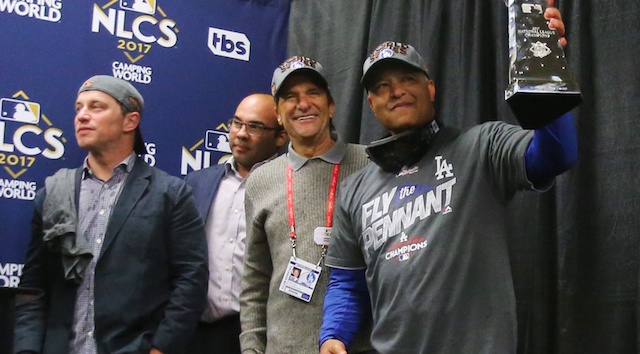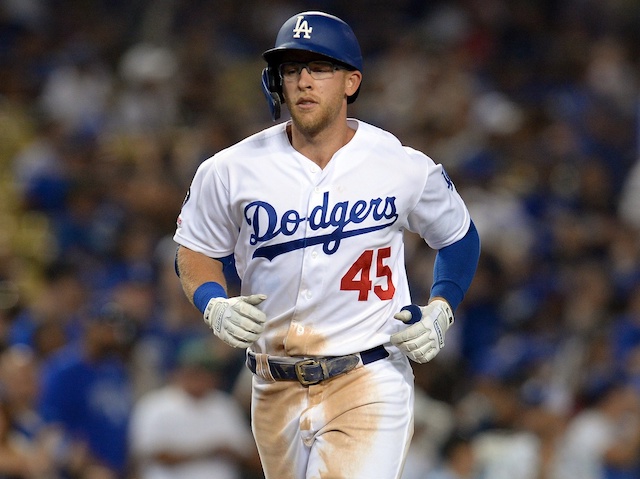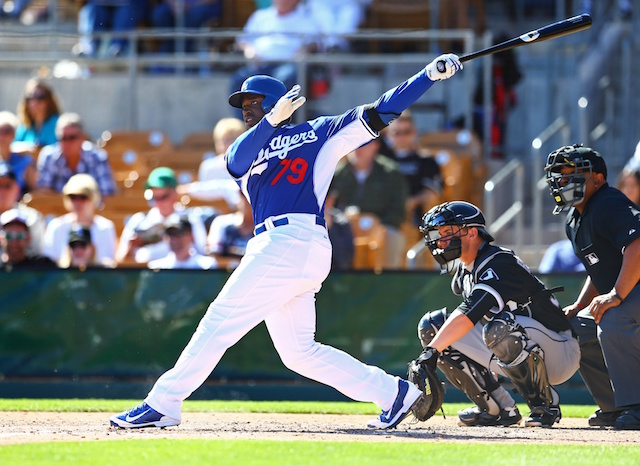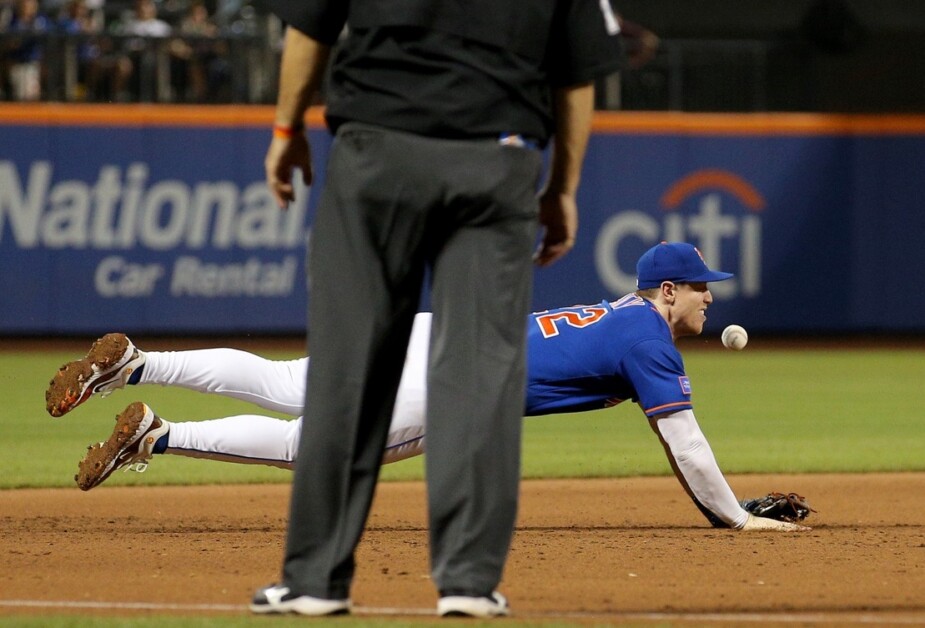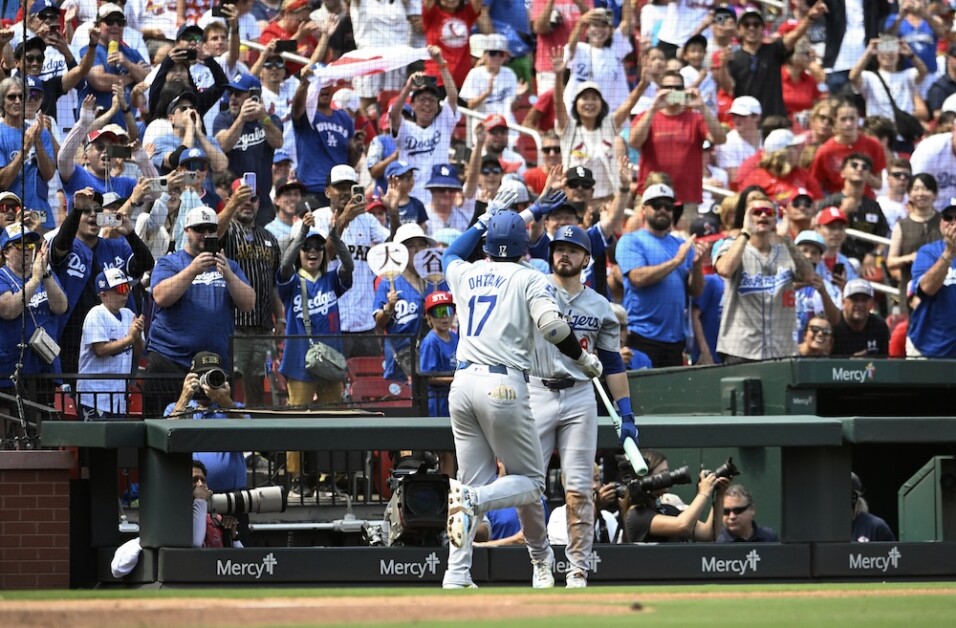Since Andrew Friedman and Farhan Zaidi assumed control of the Los Angeles Dodgers front office, they’ve faced a stigma and criticism of being overbearing. That’s despite hiring Dave Roberts as manager, not Gabe Kapler who was Friedman’s reported preference.
Friedman and Zaidi have regularly denied the notion they outline a strict plan for Roberts to adhere to. It’s been corroborated by the second-year manager. A collaborative effort between Roberts, the coaching staff and expansive Dodgers front office has been championed.
But in the wake of falling short in the World Series, Friedman and Zaidi once more — and seemingly unnecessarily — were left to answer questions over who was behind various decisions. Friedman again reiterated Roberts is not presented with any stringent guidelines.
“I don’t think you can ever fully appreciate how a game will play out. You look at Game 5 of the World Series, it played out in ways that I don’t think anyone’s imagination could’ve drawn it up,” Friedman explained.
“I think Dave, our coaches, do a tremendous job of preparing for a game and really knowing the strengths of our players to put them in the best positions to succeed. There’s certain things that play out during game, that I would’ve done something differently as manager.
“But probably more often than not, it wouldn’t have worked out if I had done it my way. I’m just not as close to that part of the game as I am to other aspects of it.”
Throughout the World Series, a narrative came about of Houston Astros manager AJ Hinch not being overly reliant to a wealth of information that was at his disposal. It was a notion Zaidi did not believe to carry much weight.
“I think if you look at this World Series, you’ve got two teams that have front offices and managers that work very closely,” he said. “There are conversations that happen between the managers, coaching staff, players, front office, about things that could happen and how the game may unfold.
“At the end of the day, AJ Hinch and Dave Roberts were the two guys managing their teams. It was their decision what to do. I think if you ask them, they would say it was informed by conversations, but that is what it means to be a Major League manager. You face a lot of 51/49 decisions, and you have to decide in that moment what you think is best for your team.”
Ultimately, Friedman views the open lines of communication, beyond in-game management, as one key to success. “I think any good organization, there’s communication throughout. Not only game strategy or players, but also trades and free agent signings,” he said.
“Our coaches and Doc are a big part of our strategy. I think there’s a good dynamic among our group. We always have the exact same goal in mind, which is to win a championship and build from that to win multiple championships.”



